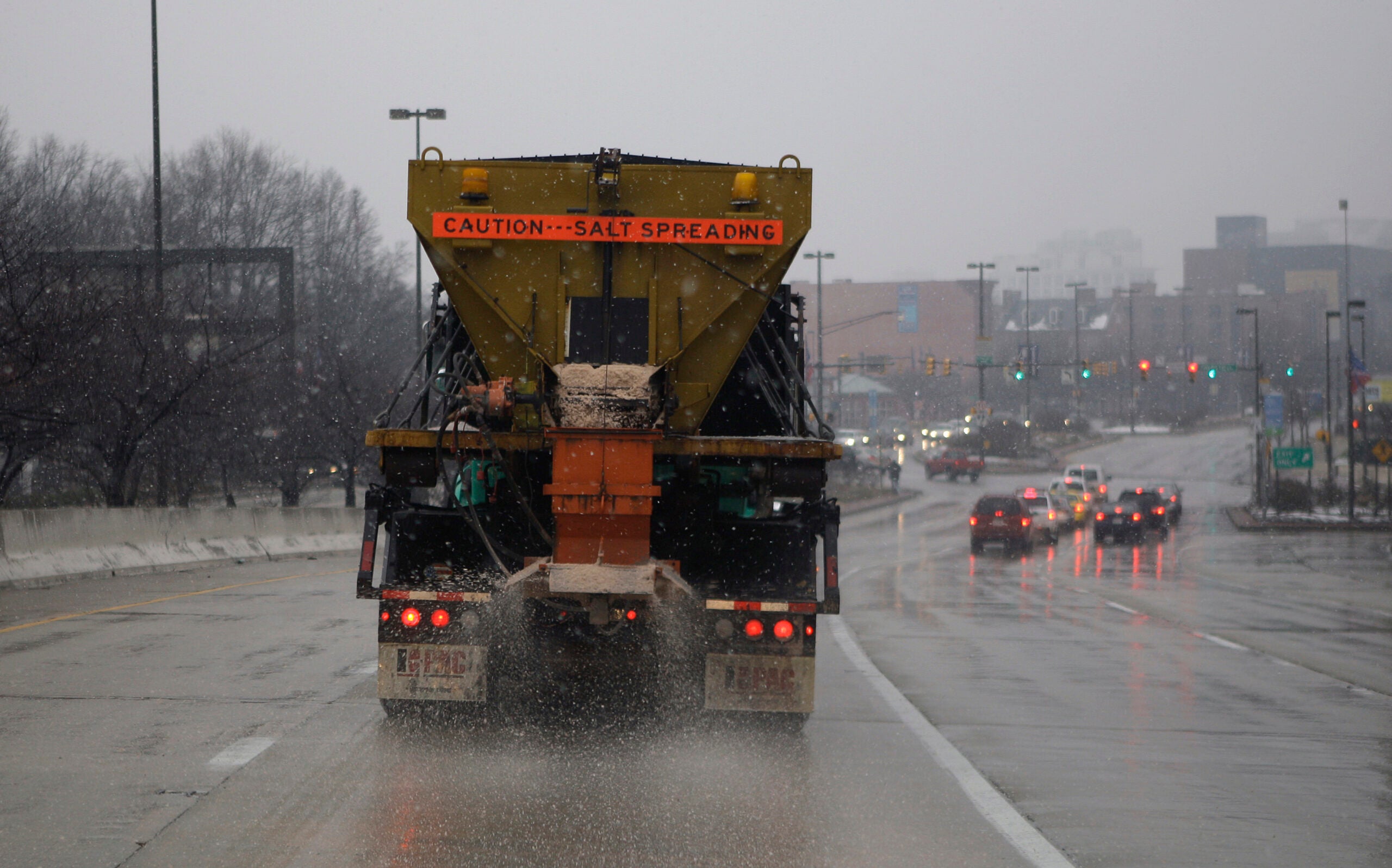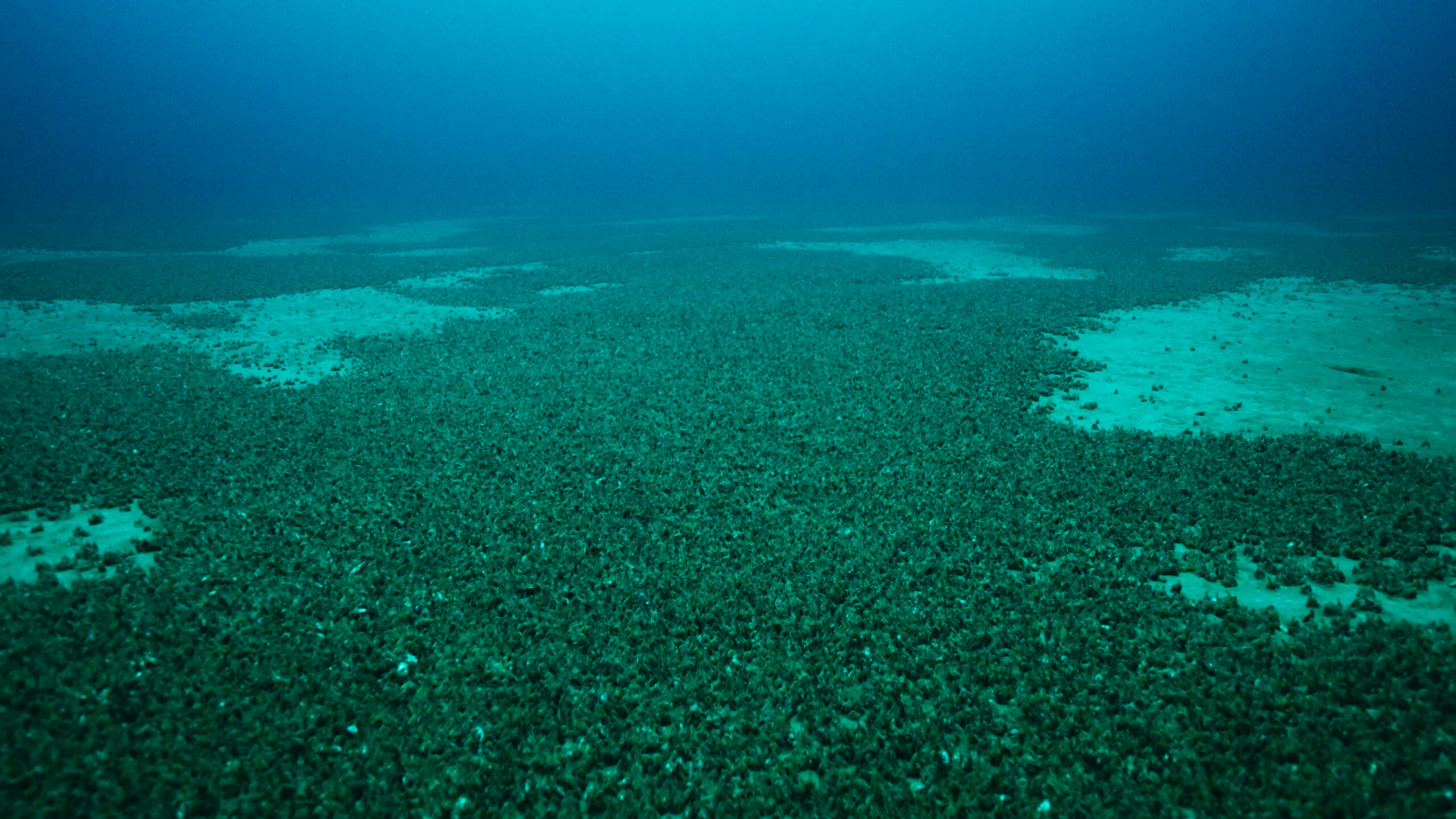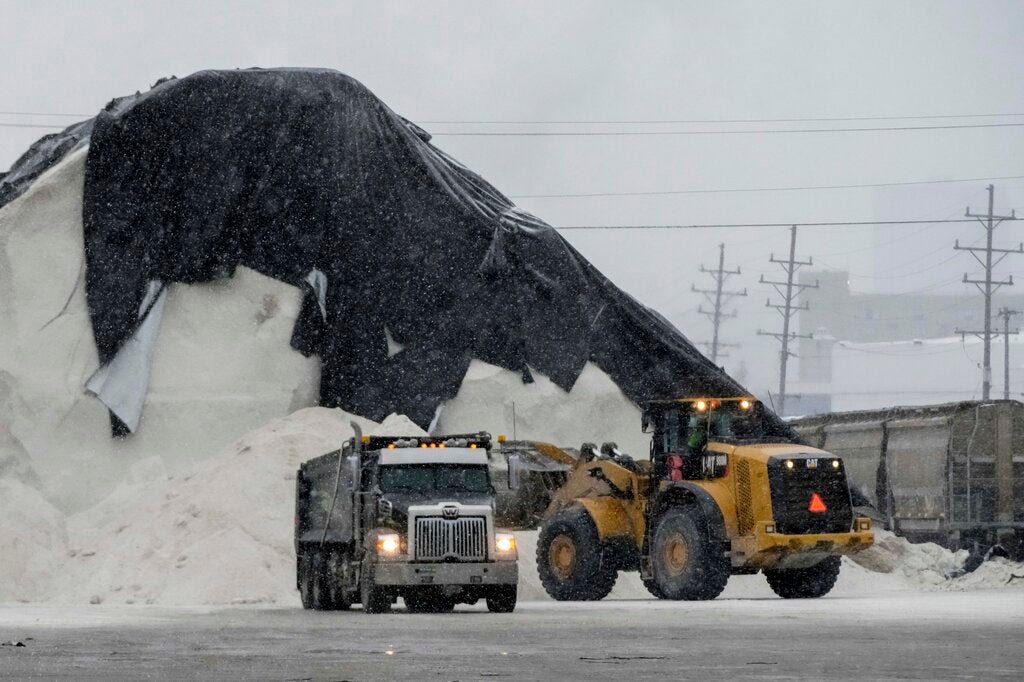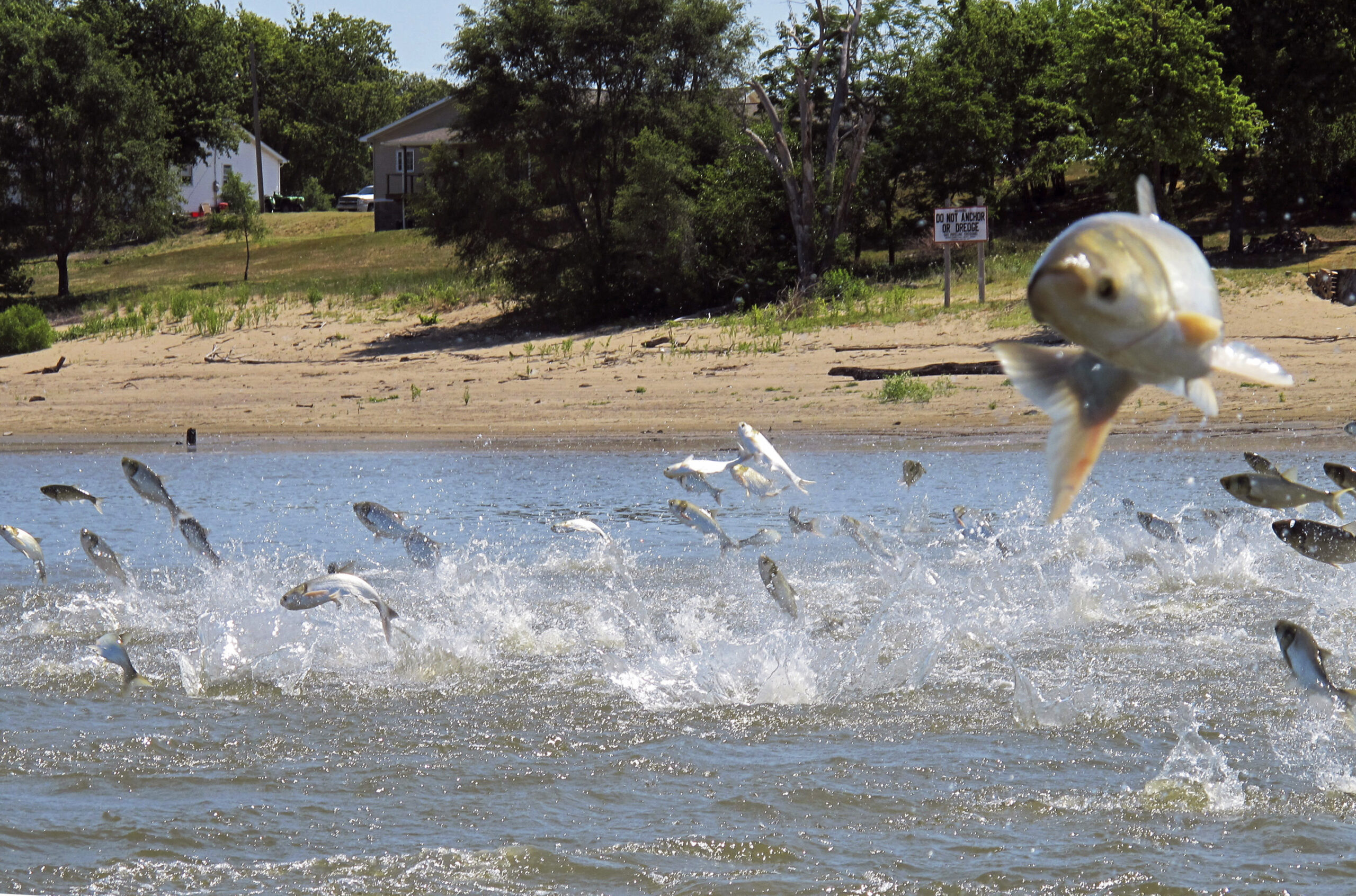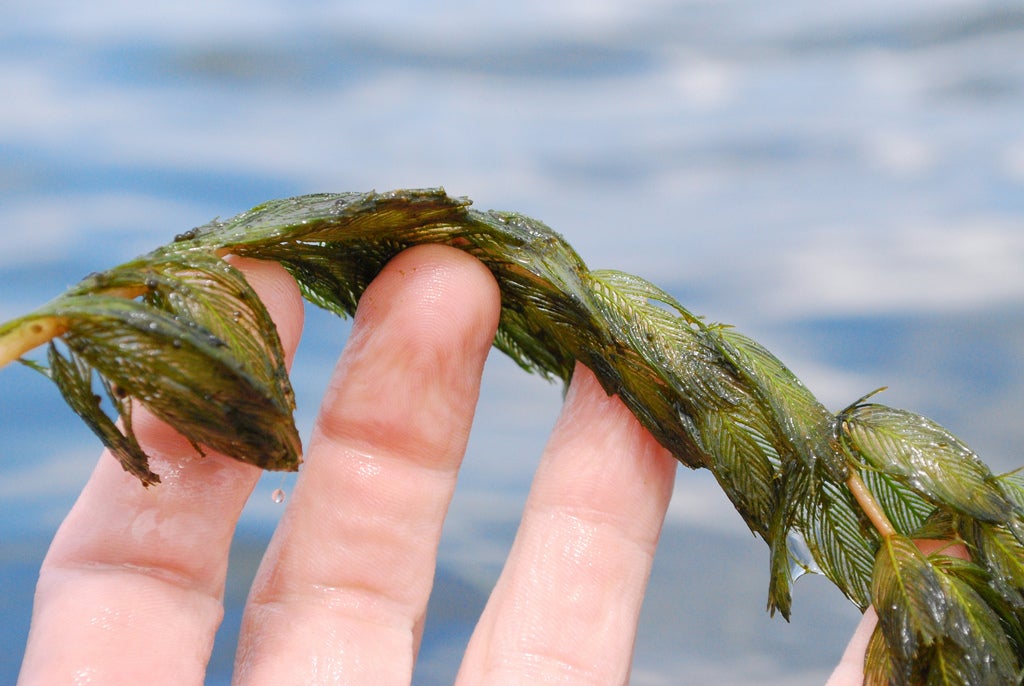A new study indicates road salt is causing more widespread contamination in lakes than previously thought.
Scientists working for the Global Lake Ecological Observatory Network have studied 370 freshwater lakes. Most of the lakes are in 10 northern states, including Wisconsin.
Comparing data now, to historical records, the study concludes most water bodies have seen a big jump in salt levels, or salinization. University of Wisconsin-Madison Limnology researcher Hilary Dugan said road salt is the main culprit, even salt that was spread years before.
Stay informed on the latest news
Sign up for WPR’s email newsletter.
“The thing about road salt is that once it’s applied to the landscape, there’s really nothing that’s going to remove it, and so it can sit in soil for a long time, and as soon as there’s any type of rain, it gets washed off into the local stream and lakes,” Dugan said.
Dugan said the study shows in the Madison area, the concentration of chloride in Lake Mendota is about 25 times what it was a century ago.
She said higher salt levels are tough on native fish and plants.
“In most of these environments, non-native species are incredibly well adapted to fresh water,” she said. “So, any salt that’s added to lakes or rivers is going to stress those species and actually make the environment more favorable to non-native invasive species.”
Dugan said some local highway departments are trying to reduce the salt spread on roads near surface waters. She encourages private landowners and snow removal companies to try to do the same.
Wisconsin Public Radio, © Copyright 2025, Board of Regents of the University of Wisconsin System and Wisconsin Educational Communications Board.
